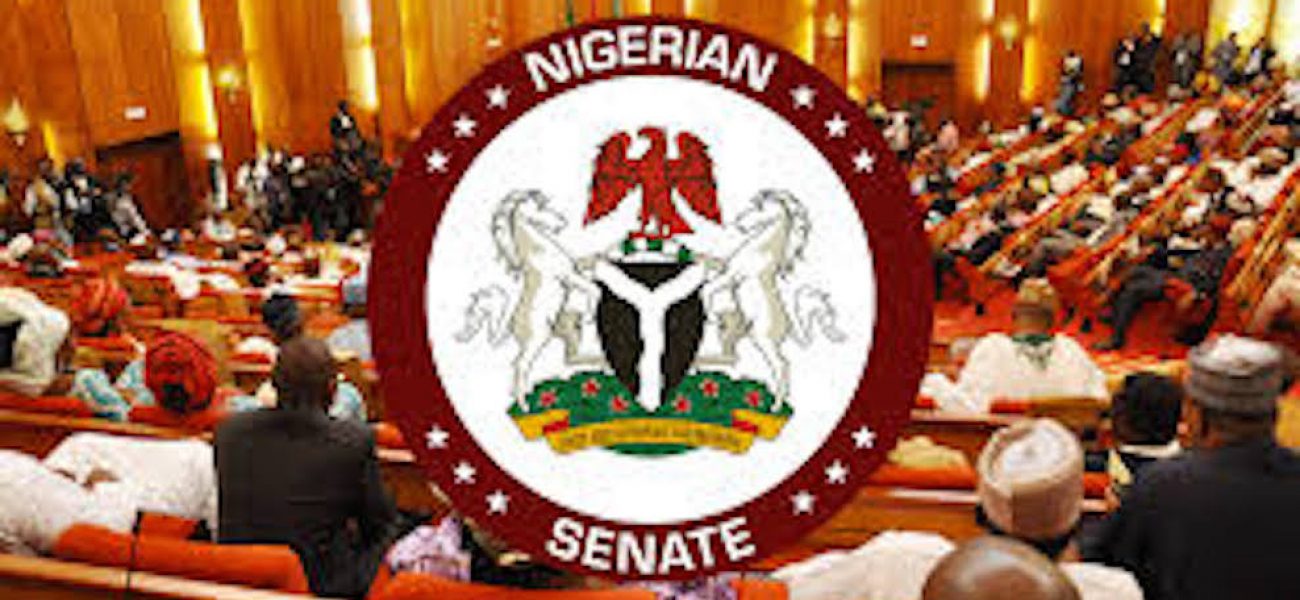On Monday, 31 July 2023, the Senate commenced screening of 28 ministerial nominees earlier forwarded by President Bola Tinubu for confirmation. The screening of all 28 nominees was concluded by Wednesday, August 2. However, on the same day, Chief of Staff to the President, Femi Gbajabiamila presented a list of 19 additional nominees from the President, for screening and confirmation by the Senate. This brings the total number of ministerial nominees to 47, comprising 38 men and nine women, drawn from States across Nigeria.
It is important to note that certain processes are expected to precede the screening of ministerial nominees. Section 149 of the 1999 Nigerian Constitution requires Ministers to declare their assets and liabilities before they assume ministerial duties. The recent amendment to section 147 of the Constitution tightens this requirement by providing that a nominee cannot be confirmed by the Senate without presenting evidence of declaration of assets and liabilities. Order 120 (a) of the 2022 Senate Standing Orders goes further to provide that the nomination of a person who has previously held public office shall not be considered unless there is written evidence that (s)he has declared his/her assets and liabilities, and evidence of this declaration will be required for scrutiny by the Senators.
The practice of screening ministerial nominees who have not completed asset declaration, particularly former public office holders, was one of the concerns that gave rise to the recent amendment to section 147 of the Constitution. The amendment now mandates the completion of asset declaration before the confirmation of a nominee. This is the first screening of ministerial nominees since the amendment was signed into law in March 2023 by former President Muhammadu Buhari.
With the list of 28 ministerial nominees presented in the Senate only on Thursday, July 27 and the screening commencing four days later, on Monday, July 31, it is difficult to say if and when the nominees completed their asset declaration exercise before appearing on the floor of the Senate. The Senators did not make reference to this in the screening of the 28 nominees, even with respect to some of the nominees who are former public office holders, for which the Senate Rules specifically require evidence of their asset declaration in order to consider their nomination in the first place.
It is expected that the Senate carries out the screening exercise in line with relevant provisions of the Nigerian Constitution and the Senate Rules on the subject, particularly with respect to nominees who have previously held public office.
According to international best practices for legislative screening of executive nominees, the legislature should have findings of background checks on the nominees, evidence of their asset declaration and any other relevant information at the time of screening, as these can provide necessary information that will feed into the screening exercise and enhance the legislature’s ability to carry out in-depth scrutiny of the nominees.
Nigerians have keenly followed the screening of President Tinubu’s ministerial nominees by the 10th Senate. Citizens expect a robust exercise, where the nominees are asked vital questions through which they can demonstrate knowledge and expertise in their respective fields, thereby showing Nigerians their suitability for the role. However, the exercise so far has seen some of the nominees grilled while a few others, particularly former public office holders were more or less endorsed by some of the Senators, without being asked questions. The tradition of ‘bow and go’ is an unwritten rule which allows past or present lawmakers to be let off the hook when they appear before the Senate for screening for a position they have been nominated for. Nominees who are accorded this honor are usually not asked any question during their screening. The original explanation was that past and present federal legislators need not be screened because they belong(ed) to those empowered to screen. In the 9th Senate, this tradition was extended to persons who have never been in the National Assembly, thereby trivialising the subject. This practice has been criticised for present and former legislators, as well as other former public office holders on the basis that holding or having held one office does not automatically confer competence to hold the office of Minister. According to legislative experts, the power given to the Senate is to examine a nominee of the President so as to determine the suitability of such a nominee, and this cannot extend to the power NOT to examine nominees.

